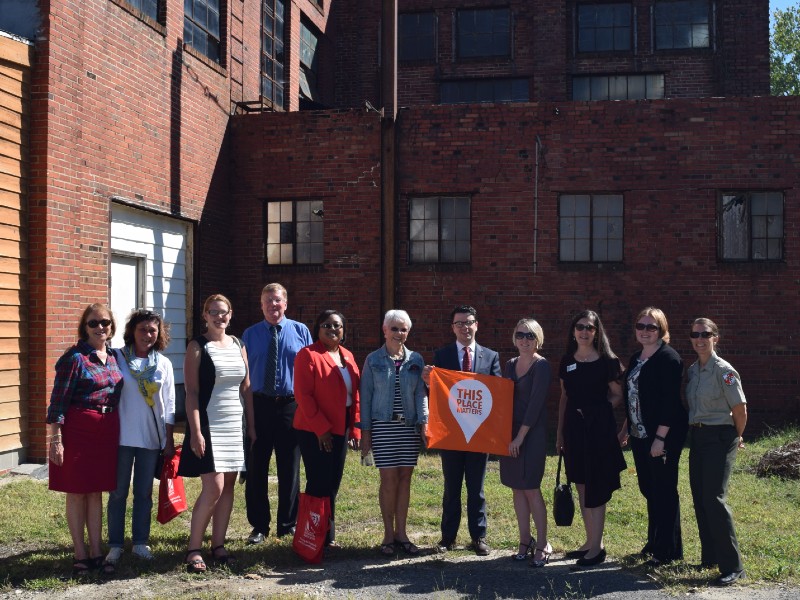The House of Representatives has passed The Moving Forward Act (H.R. 2), a comprehensive infrastructure bill that includes enhancements and temporary emergency measures for the federal Historic Tax Credit, thanks in part to the advocacy of Preservation Maryland and our national partners.
Earlier this year, Preservation Maryland joined with a number of our national partners, including the National Trust for Historic Preservation, in calling on Congress to include historic tax credit legislation in the next Covid-19 recovery package.
The federal Historic Tax Credit (HTC) has been the nation’s most significant investment in historic preservation and has been an essential tool to rehabilitate downtowns and catalyze economic development. Historic rehabilitation incentives have shown time and again in reports their ability to stimulate economic activity and promote job creation.
In direct response to the economic crisis resulting from the Covid-19 pandemic, the Moving Forward Act puts in place temporary changes to the HTC to help the historic preservation and community development sectors and help encourage economic recovery. This includes a temporary extension to rehab period deadlines and increases for all HTC projects – a 30 percent HTC from 2020-2024, a 26 percent HTC in 2025, and a 23 percent HTC in 2026.
The legislation also includes a number of permanent improvements to the HTC that were a part of the Historic Tax Credit Growth and Opportunity Act (H.R. 2825/S. 2615) that would encourage more building reuse and further incentivize redevelopment in all communities, including smaller and rural Main Street communities. These provisions would not only make historic tax credits easier to use and more historic properties eligible for the credit, but they would also enhance the value of these credits for real estate investors. These improvements include:
- An increase to a 30 percent HTC for smaller projects with a QRE of $2.5 million or less;
- Makes it easier for non-profits to utilize the credit;
- Modifies the definition of substantially rehabilitated to a rehabilitation investment of 50 percent instead of 100 percent; and
- Eliminates the HTC Basis Adjustment, which increases the value of HTCs and makes them easier to use with other incentive programs such as the Low-Income Housing Tax Credit.
Additionally, the legislation would allow communities to utilize the Historic Tax Credit to make improvements to existing public schools.

